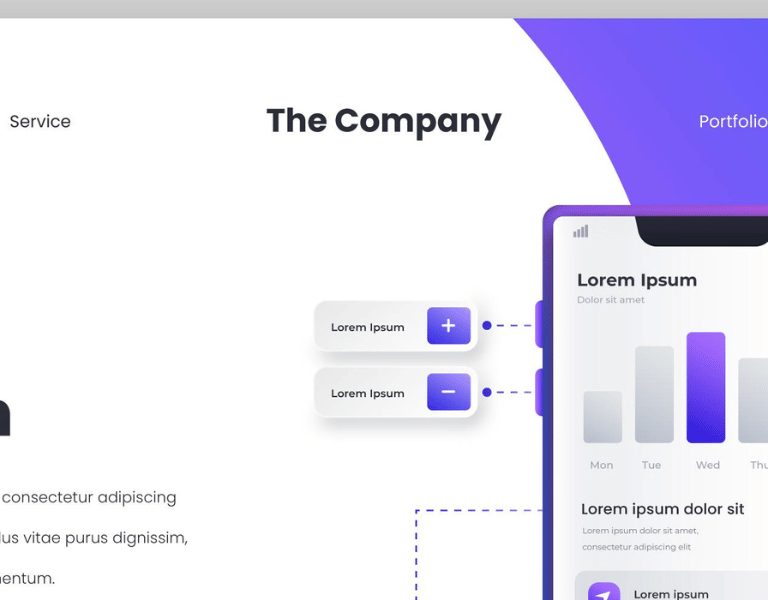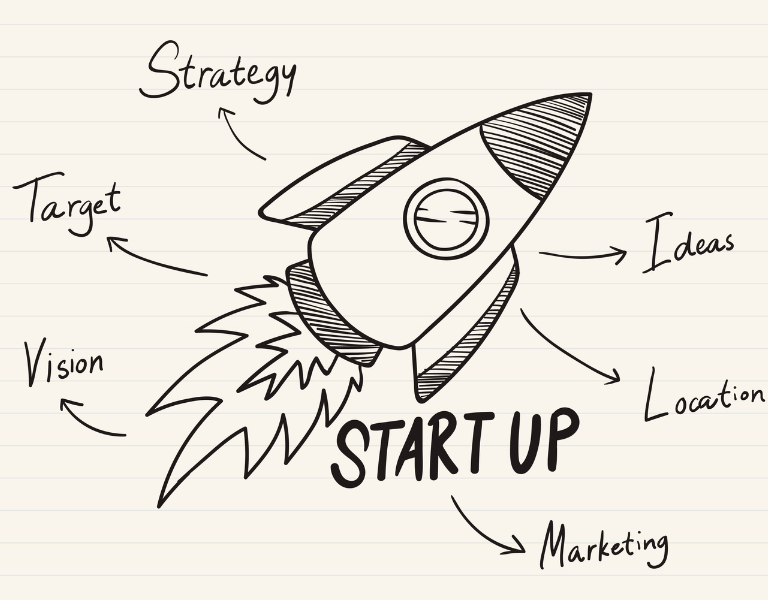The days of just complying with environmental standards are quickly fading. The tide is swinging toward a future in which sustainability is not only a requirement but a strategic driver of success. This is a vital turning point for businesses of all sizes: using sustainability as a competitive advantage can help them go forward in this changing market.
Why Sustainability is Important:
- Consumer Demand: An increasing number of customers are actively looking for sustainable products. According to studies, there is a definite shift toward environmentally conscious purchase decisions, with millennials and Generation Z leading the way [source: consumer demand for sustainable products]. By embracing sustainability, you may gain access to this increasing market sector while also strengthening brand loyalty.
- Investor Scrutiny: Investors are increasingly incorporating Environmental, social, and corporate governance (ESG) issues into their decision-making processes. Companies prioritizing sustainability are frequently viewed as lower-risk enterprises, garnering more funding and advantageous terms.
- Regulatory Landscape: Environmental rules are continually evolving, with harsher restrictions being introduced worldwide. Businesses that adopt sustainable practices on a proactive basis can prevent future regulatory difficulties and fines.
- Resource Efficiency: Sustainable approaches frequently result in enhanced resource efficiency, reduced waste, and cheaper prices. Optimizing energy and water usage, for example, can result in significant savings over time.
- Enhanced brand reputation: A solid track record in sustainability promotes positive brand perception. Customers, partners, and employees are more likely to be drawn to and support organizations that demonstrate environmental and social responsibility.
Transforming Sustainability into a Competitive Advantage:
So, how can firms use sustainability to achieve a competitive advantage? Here are a few actionable steps:
Identify Your Sustainability Priorities: Conduct an internal evaluation to determine the areas where your company can have the most sustainability impact. This could include examining your energy consumption, trash generation, and supply chain procedures.
Integrate sustainability into your business strategy: Do not treat sustainability as a distinct project. Integrate it into your main business plan to match your objectives with environmental and social responsibilities.
Focus on Transparency and Communication: Maintain transparency about your sustainability efforts. Communicate your goals, successes, and difficulties to stakeholders.
Invest in sustainable technologies and practices. Investigate and implement environmentally friendly technologies such as renewable energy sources, energy-saving equipment, and closed-loop manufacturing processes.
Advocate for Sustainable Practices Across Your Supply Chain: Work with suppliers and partners who are committed to sustainability. Encourage them to embrace eco-friendly habits.
Promote Employee Engagement: Involve your staff in your sustainability activities. Encourage people to create and implement ideas, thereby fostering an environmentally responsible culture inside the firm.
Measure and Report Your Progress: Establish explicit parameters for measuring your sustainability performance. Regularly assess and report on your progress to demonstrate your commitment and discover opportunities for improvement.
Examples of sustainability as a competitive advantage:
Tesla: Tesla’s commitment to electric vehicles exemplifies how sustainability can fuel innovation and market success. They have disrupted the automotive industry by providing a sustainable alternative to regular gasoline-powered vehicles.
Unilever: Unilever, a leading consumer products corporation, has set ambitious sustainability targets for its whole product line. This has improved their brand image and resulted in product advances in sustainable packaging and resource use.
Sustainability: A Long-Term Strategy.
Accepting sustainability is neither a one-time effort or a marketing gimmick. Leadership must commit to a long-term strategy of continual improvement. However, the potential benefits are considerable. Businesses that use sustainability as a competitive advantage can increase efficiency, generate brand loyalty, attract talent and investors, and assure long-term success in a changing environment.
Take Action:
Are you ready to explore how sustainability may help your business? Here is how to start:
Educate Yourself: Learn about ESG and sustainable business practices. Numerous resources are available both online and through industry groups.
Conduct an internal assessment: Determine your company’s environmental footprint and potential areas for development.
Create a sustainability plan: Set realistic goals and plan concrete strategies to realize your sustainability vision.
Seek guidance: Consult with sustainability specialists or industry associations for personalized guidance and assistance.
Sustainability is more than just environmental responsibility; it is about creating a resilient and forward-thinking business. By adopting proactive efforts today, you may gain a competitive edge from sustainability and ensure your company’s long-term success.








